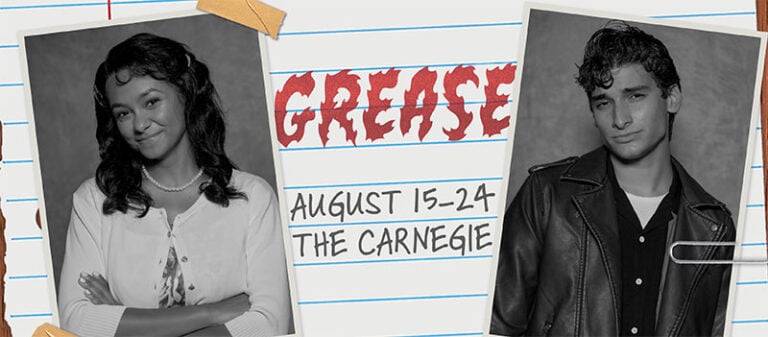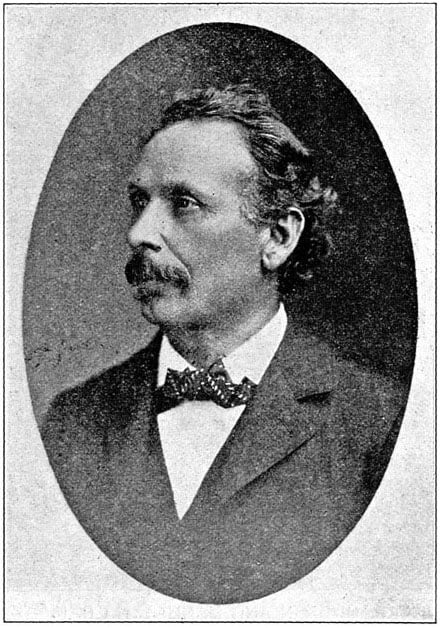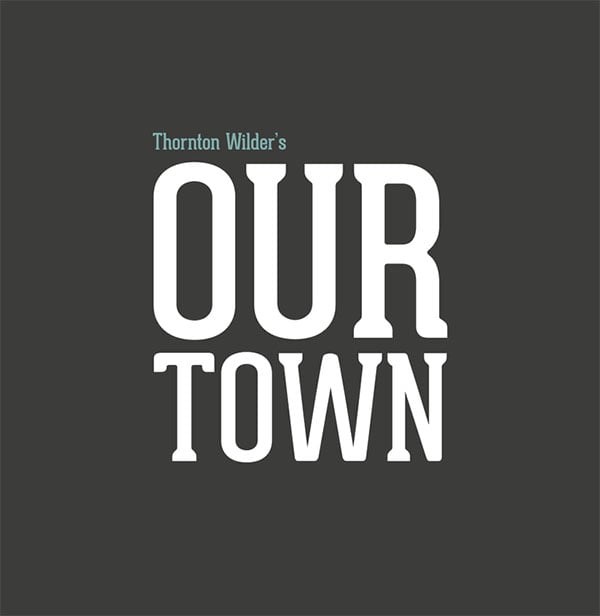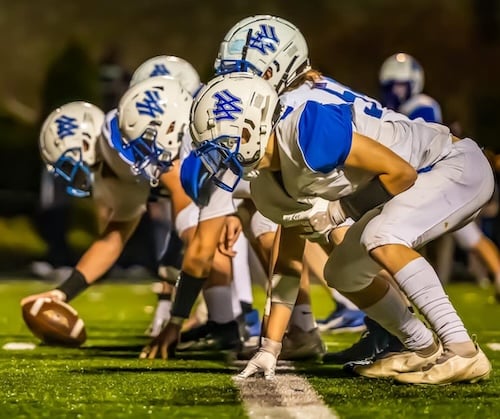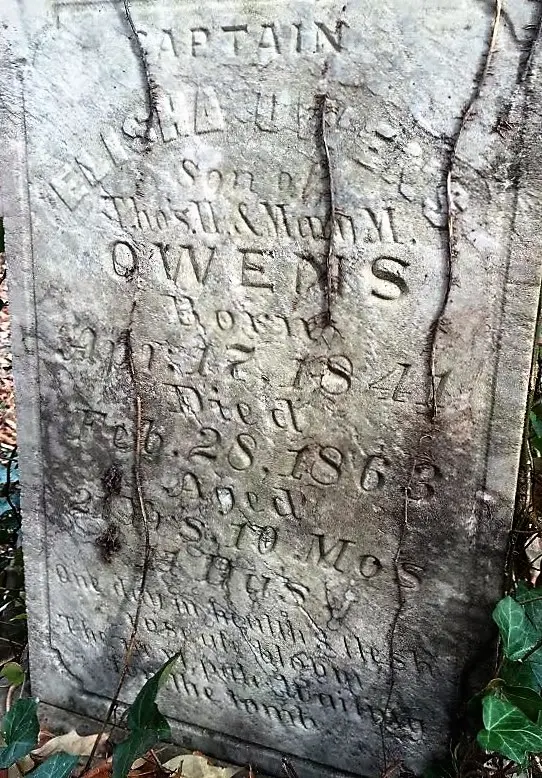By Berry Craig
NKyTribune columnist
The Jackson Purchase, Kentucky’s only Rebel-majority region, had its own “Free State of Jones” during the Civil War.
Jones County, Miss., was a tiny Union enclave in an overwhelmingly Rebel state.
Milburn was a Unionist islet in westernmost Kentucky’s Confederate sea, a fact largely unknown in the Carlisle County hamlet. Virtually forgotten, too, is Capt. Elisha Owens, Milburn’s Capt. Newt Knight, the pro-Union Mississippi guerrilla leader played by Matthew McConaughey in the new Civil War movie, “The Free State of Jones.”
Knight led a small but determined band of Union guerrillas who hid out in local swamps and fought the Confederates. He declared Jones County “the Free State of Jones.”
Owens helped raise a Yankee cavalry company in Milburn and rode off to war as its captain.
Knight is in several history books. Owens is not. Knight survived America’s most lethal conflict. Owens didn’t.
It’s unclear why Milburn, part of Ballard County until 1886 when the legislature created Carlisle County, was pro-Union. But several local families were fairly recent migrants from Unionist counties in central Kentucky.
Milburn residents paid dearly for standing by the Stars and Stripes. Armed vigilantes from neighboring communities almost routinely raided the village, killing and burning almost at will.
The Louisville Daily Journal, Kentucky’s most important Unionist newspaper, chronicled several alleged 1861 atrocities against Milburn citizens.
Crimes against Milburn included at least one lynching, the paper said. “Mr. Picket, a Union man, was hung in the woods near his own home, but a few miles from Milburn,” the Journal reported in August, 1861.
Several citizens fled for their lives. The exiles included a half dozen “young men, between the ages of fifteen and twenty” from the Busby and Harp families. They fled on foot to pro-Union Louisville.
The youths reportedly reached the Falls City with blistered feet, torn clothes and lacerated flesh. The lads departed for Shelby County, where they had kin, the Journal said.
Some Milburn men stayed and fought back against their tormentors, according to George Washington Stone. Their numbers might have included Owens and his troopers-to-be.
When vigilantes from Columbus and Blandville, then the Ballard County seat, galloped into Milburn they got more than they bargained for, Stone wrote his brother in Fayette County on Aug. 4, 1861. The Lexington Observer and Reporter and the Journal published the letter.
“We killed two of them and lost one—he is not dead yet, but is not expected to live as the rebels put seven balls in him,” Stone advised. Adding that unless the Unionists received protection, he would have to leave,” Stone wrote.
Another Milburn émigré told about the gunfight in a letter to the Journal written from Mount Eden in Spencer County on August 16: “The secessionists…came…three times in the course of as many weeks to curse and abuse the Union men.”
The third time, “they got up a row, in which several men were shot and killed. In this fracas, the Union side got the best of it, as I hope they ever will, and drove the cowardly assailants off.
“After this, bands of armed men were constantly scouring the countryside, taking some of our friends to prison, threatening others, and filling the community with alarm.”
Milburn’s Union supporters had an even harder time when the Confederates occupied Columbus in September, 1861. But the town’s deliverers finally arrived in early 1862 when the Rebels abandoned Columbus to the Yankees, who occupied the Purchase for the rest of the war. In September, 1862, Owens, 21, rode off to war at the head of Company L, Eighth Kentucky Cavalry Regiment. He killed in action on Feb. 28, 1863.
The captain is buried in virtual anonymity in an old, overgrown cemetery behind Milburn United Methodist Church.
Berry Craig of Mayfield is a professor emeritus of history from West Kentucky Community and Technical College in Paducah and the author of five books on Kentucky history, including True Tales of Old-Time Kentucky Politics: Bombast, Bourbon and Burgoo and Kentucky Confederates: Secession, Civil War, and the Jackson Purchase. Reach him at bcraig8960@gmail.com













